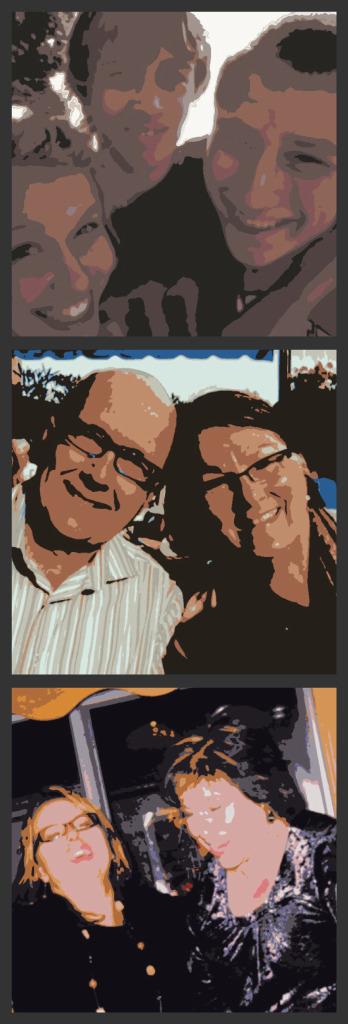Age does not protect us from love,
But love to some extent protects us from age.
Jeanne Moreau
It’s for real folks. People who are lonely die sooner. Eeek.
Julianne Holt-Lunstad, an associate psychology professor at Brigham Young University, found that isolation of lonely people carries a health-risk equivalent to smoking 15 cigarettes or drinking 6 shots of whiskey every day. When a person has multiple, strong relationships (like with a sports team, meals with family, a church community, other groups of friends that get together regularly to socialize)–well, that person has a 50% chance of living longer than a lonely person–and average of 3.7 years longer.

That’s huge, huh? Getting together with friends is good for soul AND BODY!
The irony of this is that loneliness and depression can often spiral on each other…when one is feeling down, one pulls away from friends and family because it’s hard to be around people when one is feeling lousy. But when one pulls away from others, there isn’t the engagement that brightens the day, creates opportunities for laughter, or gives a good time…and it can lead to further feelings of depression. One of the primary symptoms of depression is social withdrawal…and one of the primary treatments of depression is connecting with people. Do you see the cycle–the jam that a person with depression can find themselves in? One of the very things that can create improvement is the exact opposite of what is desired.
Not all lonely people are depressed, and not all depressed people are lonely. I get that. But there is a powerful link here for many.
It’s tricky, challenging, and important that a lonely and depressed person to find ways to rise above the internal and external challenges to connect and engage with others. Repeatedly, I’ve seen it make a powerful difference in a person’s mental and overall health when ways are found to overcome these barriers and rekindle or develop new relationships.
What stops you from making a phone call, or from answering the phone? Or more painfully yet, has it stopped ringing?






Write a Comment